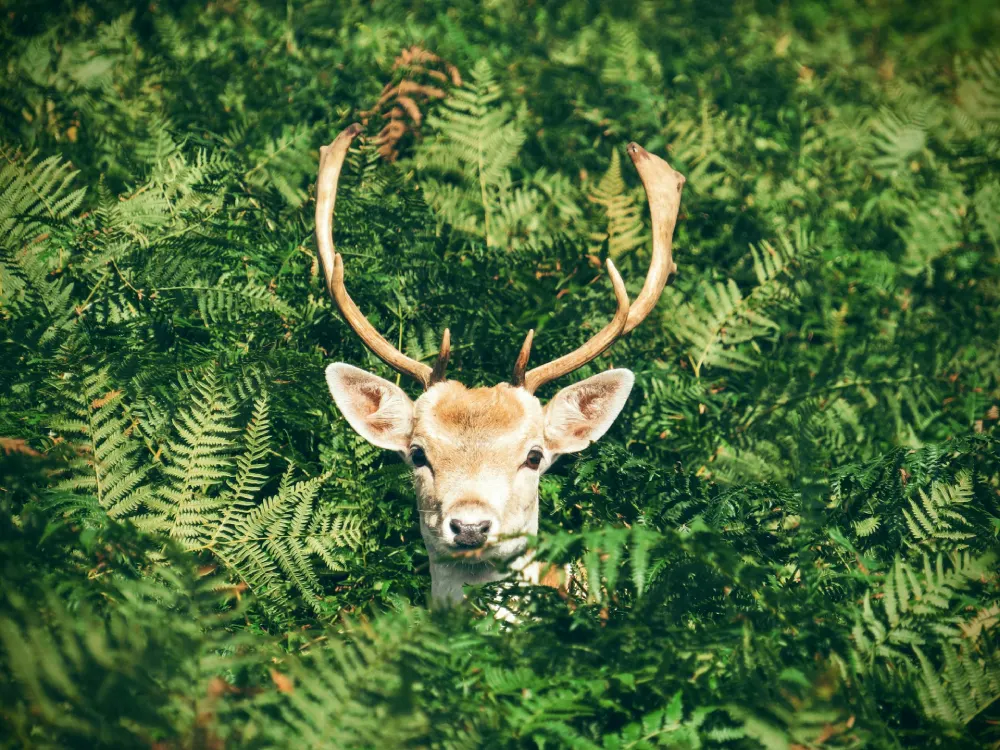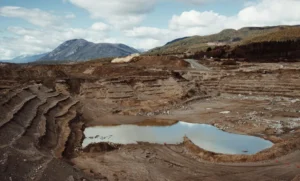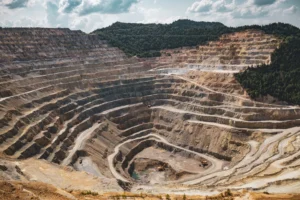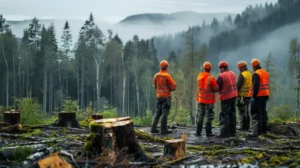The hunter’s role in wildlife conservation often goes unrecognized. The general public does not recognize how hunters protect wildlife, but in modern history, the partnership between hunting and environmentalism is one of the most successful. Hunters’ influence on wildlife can only be understood when one looks beyond general misconceptions to learn how this activity and conservation have worked together in protecting our natural heritage.
Hunters Role in Wildlife Conservation
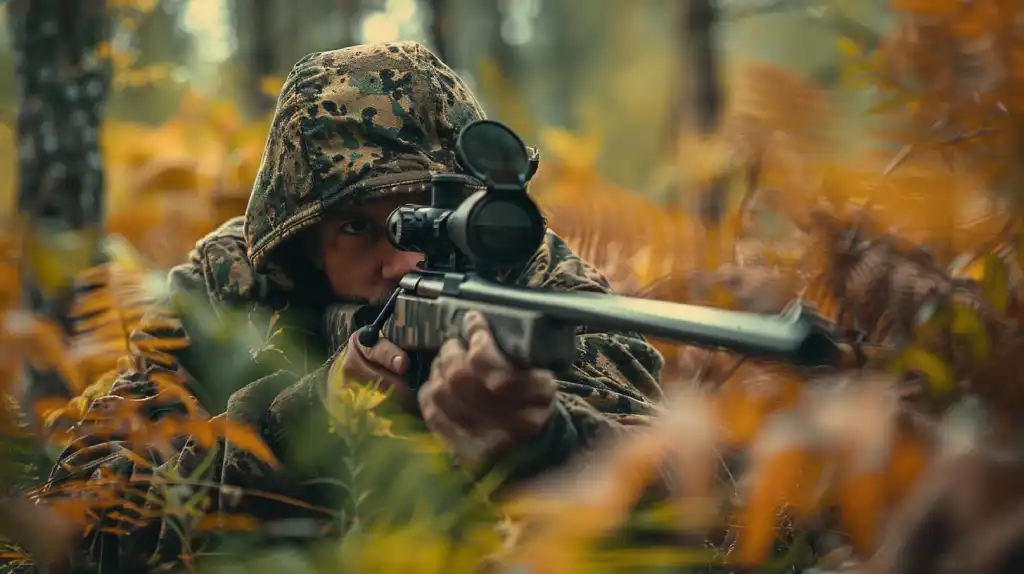
The hunter’s role in wildlife conservation is unique. Hunters are important for protecting wildlife. While often seen as just taking animals, they actually help keep animals safe by controlling their numbers.
Hunters also give money to help animals and their homes. They watch animals and share information to help scientists understand them. By hunting in a careful way, hunters help keep the balance of nature.
Main Pillars of the Hunter's Role in Wildlife Conservation
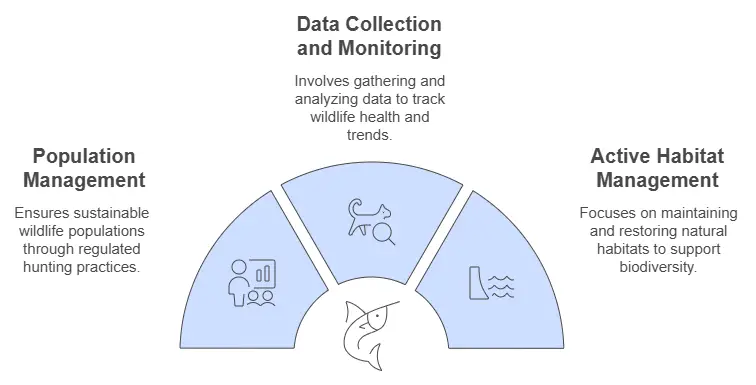
Population Management
The hunter’s impact on wildlife begins with careful population control. The hunter’s role in wildlife conservation includes regulated practices that help prevent:
- Ecosystem damage from overpopulation
- Wildlife disease outbreaks
- Human-wildlife conflicts
- Critical habitat degradation
Data Collection and Monitoring
Modern hunting and conservation success relies heavily on scientific data. By spending countless hours in the field, hunters provide invaluable information about:
- Population trends
- Wildlife behavior patterns
- Habitat conditions
- Potential threats to ecosystems
- Species distribution and range
Active Habitat Management
The hunter’s role in wildlife conservation shines brightest in habitat preservation efforts. The hunter’s impact on wildlife habitat includes:
- Direct participation in restoration projects
- Support for land acquisition
- Implementation of management practices
- Protection of critical ecosystems
- Following game conservation laws for sustainable hunting
How Do Hunters Help Wildlife Agencies
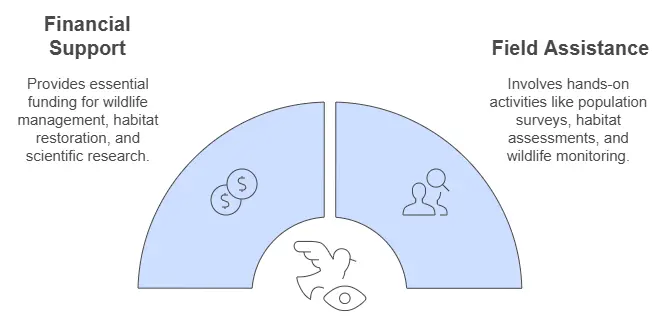
The importance of hunting and conservation becomes particularly evident in partnerships with wildlife agencies. This vital collaboration shows the hunter’s role in wildlife conservation through:
Financial Support
The hunter’s impact on wildlife management includes essential funding for:
- Wildlife management programs
- Habitat restoration projects
- Scientific research initiatives
- Conservation education programs
Field Assistance
Hunting and conservation efforts merge in providing crucial ground-level support:
- Population surveys
- Habitat assessments
- Wildlife monitoring
- Early threat detection
The $1.6 Billion Conservation Force
The role of the hunter in wildlife conservation can be seen most obviously in his provision of financial input. In the U.S. alone, hunters contribute about $1.6 billion every year through license, permit, and stamp purchases.
The contribution of the hunter to the wildlife in this manner shows how hunting and conservation go hand-in-hand to support the wildlife management agencies and such crucial research.
Beyond Financial Support
When examining the hunter’s impact on wildlife, we must look beyond financial contributions. Consider the remarkable achievement of Ducks Unlimited, where hunting and conservation efforts have preserved over 15 million acres of wetlands across North America.
This success story perfectly shows the hunter’s role in wildlife conservation at a landscape scale, showing how hunting and conservation partnerships create lasting impact.
Hunting and Conservation
Success Stories
The hunter’s role in wildlife conservation has led to numerous success stories. The North American Model of Wildlife Conservation, built on the foundation of hunting and conservation partnership, has helped restore numerous species from near-extinction.
The hunter’s impact on wildlife populations has transformed many endangered species into thriving ones, particularly white-tailed deer and wild turkeys.
Conservation Organizations and Hunter Leadership
Through organized efforts, the hunter’s role in wildlife conservation achieves remarkable results. Groups like Ducks Unlimited demonstrate how hunting and conservation can work together effectively. These organizations show how the hunter’s impact on wildlife extends beyond individual actions to create systemic change.
Future Challenges and Opportunities
As environmental challenges evolve, hunting and conservation must adapt together. The hunter’s role in wildlife conservation continues to develop to address:
- Climate change effects
- Habitat fragmentation
- Emerging wildlife diseases
- Human population growth
The Bottom Line
The hunter’s role in wildlife conservation represents an essential partnership that benefits all, whether they hunt or not. Hunters often get overlooked as protectors of wildlife, but their contributions are vital to conservation efforts.
The hunter’s impact on wildlife grows increasingly crucial as we face severe environmental challenges. Through hunting and conservation working together, we ensure the preservation of our natural heritage for the future.
FAQ's
What is the role of hunters in wildlife conservation?
Hunters contribute to wildlife conservation by funding, managing populations, supporting habitats, and promoting ethical hunting.
How did hunters help wildlife agencies?
Hunters help wildlife agencies by providing data, funding conservation efforts, and advocating for strong policies.
What are the hunter’s responsible for?
Hunters are responsible for obeying regulations, practicing ethical hunting, promoting conservation, and educating others.
